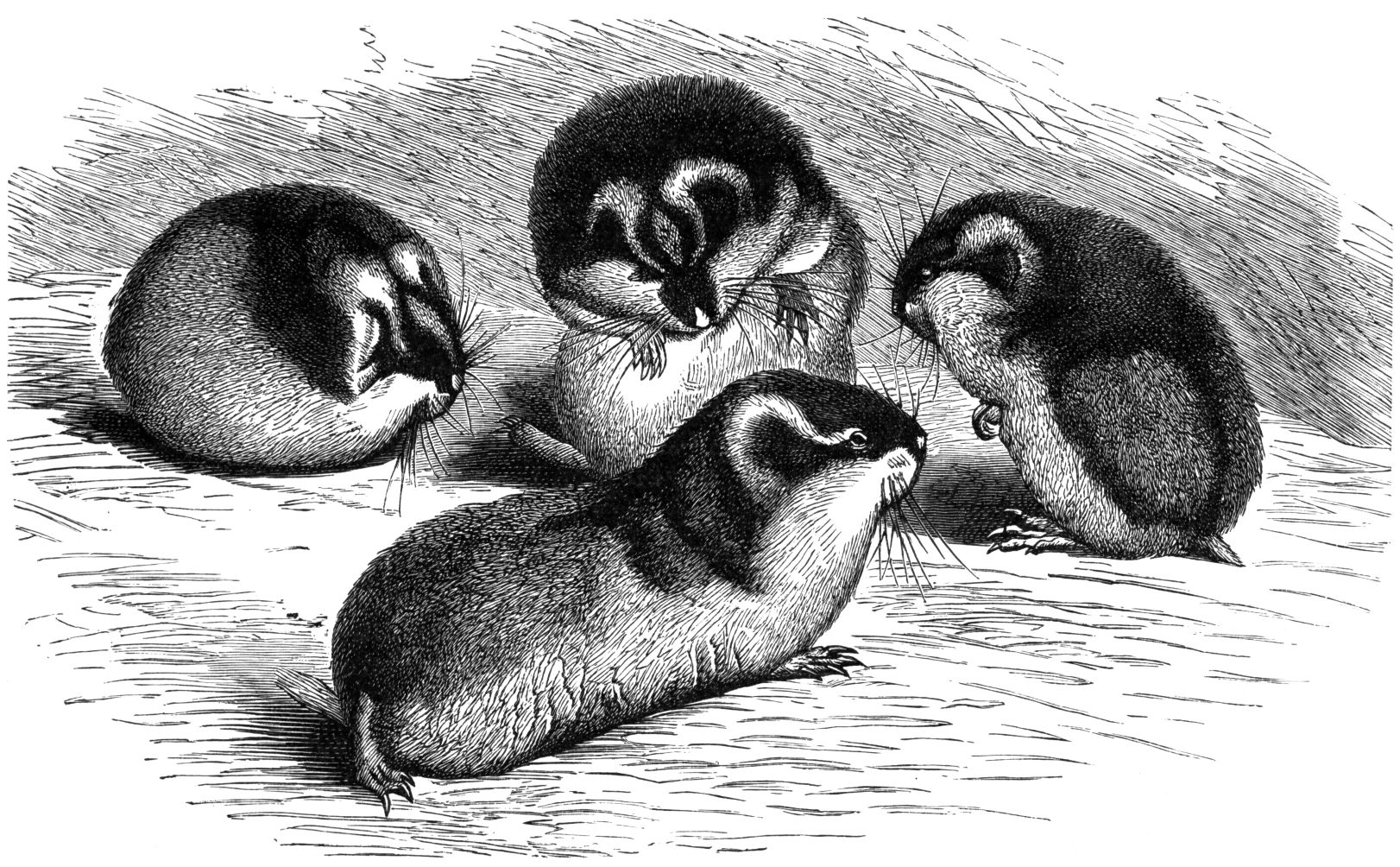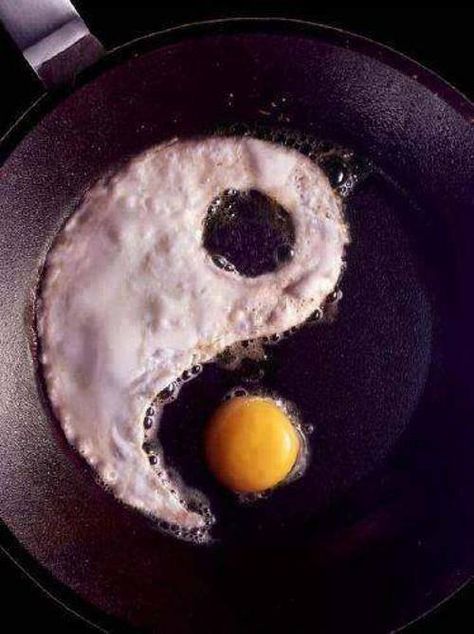When a microbe was found munching on a plastic bottle in a rubbish dump, it promised a recycling revolution. Now scientists are attempting to turbocharge those powers in a bid to solve our waste crisis. But will it work?
Who knows what its consequences are? How about a simpler approach, like reducing plastic use maybe instead of some pie in the sky project?
We do probably want both. Even if we end plastic production completely tomorrow, we need to work out a way to clean up all the plastic we’ve already dumped all over the world
yeah but one of them we can do right now with minimum consequences and the other is provocative with no clear path to viability and no real understanding of the consequences.
We should prob just leave any existing plastic as plastic wherever it lay instead of turning it into CO2. Burying it is a better idea than emitting it.
I agree. We want both. Its like water consumption needs which keep increasing. We want to reduce demand and increase leakage reduction rather than take more water out of the environment. We’re making a mess of this planet because our lives are based on the assumption of eternal growth.
Who knows what its consequences are?
That’s why they’re doing research genius
Both is good, but even stopping all plastic today and picking up every piece of trash we can grab with our hands won’t clean up the microplastics that are already in the environment.
With how heavily integrated plastics are into EVERYTHING in our society, I think that’s not necessarily the “simpler” approach, even if I agree that it’s vital.
This is why research is being done. The “pie in the sky project” you’re objecting to is intended to answer the very question you’re asking.
Mfw the bacteria evolve to turn plastic into methane 🔥 💀 🔥
Mfw cows are producing 300 times as much methane as there is plastic being produced in total: 😐
Check the actual numbers before getting so concerned.
YFW you don’t even check the numbers you are chastising me for not checking and are wildly incorrect 🤡:
https://www.statista.com/topics/5401/global-plastic-waste/#topicOverview
400 million metric tons of plastic per year produced
https://www.statista.com/statistics/1261318/cattle-methane-emissions-worldwide/
75 million metric tons of methan from cow farts per year
deleted by creator
What kind of question even is that? Reducing plastic enough and getting rid of the amount that’s already in the environment without new technological solutions is nothing but fantasy at this moment.
As if the micro plastics crisis hasn’t already made the “pie in the sky” solution a necessity at this point
The most ideal situation is if we archieve 100% recycling.
In reality no thing can disappear, both matter and energy just change form. We only need to look at nature for proof that 100% reusing matter and energy is feasible. Even our “waste” wasn’t wasted.
These microbes are yet another key in the puzzle to obtain the next breakthrough. Once we master industrial chains with full conservation of matter and energy the cost of creating things will become negligible.
I agree. However, the most important reason to reduce plastics is because of the health effects of microplastics. Waste is probably the second priority in my mind.
I would say because the vast majority of plastics are made from fossil fuels and contribute to global warming, microplastics are bad too though
Making a nuclear bomb is much easier than keeping people from using it once it’s made.
Natural science is difficult, but getting people to do the right thing is almost impossible.
Let’s be real: humanity will never do anything that even slightly inconveniences us. We need to solve our problems with “power”: microplastic-eating bacteria, blocking the sun, creating fresh water from salt water, terraforming another planet, anything but convincing the crowds to stop their shit.
deleted by creator
I’ve been hearing about plastic eating bacteria for literal decades now. As far as I am concerned this is another Big Oil psyop to distract people from finally banning single use plastics.
Reduce, reuse, recycle. It’s last for a reason.
Will they attempt to eat us as well since we now have plastics within our body?
We can only hope
I, for one, welcome our new bacteria overlords.
-starts cooking with Teflon and metal spatula exclusively-
The chosen one!
New idea for the next horror movie.
We can store them in secure plastic tanks; they will never escape into the wild.
As polyethylene is just carbon and hydrogen, could microbes that are powered by hydrogen produce something useful like carbon nanotubes or graphene?
deleted by creator
There’s trillions of undiscovered Viruses, Bacteria, Archaea, Fungi, and Protists
It’s not unreasonable to assume we could find a combination that utilises solar power to break it down in a beneficial manner
Flash joule tech looks promising as well
https://phys.org/news/2023-02-joule-technique-efficiently-would-be-pollution.html
I think some of the stuff the microbes can do are just bloody awesome.
Let’s hope a strain mutates unexpectedly and turns into such an agressive plastic decomposer, it sends us back into the age of reusable containers for every thing.
tldr summary.
In 2001, Japanese scientists discovered a type of bacteria that could break down plastic bottles. This bacteria, named Ideonella sakaiensis, produces an enzyme that allows it to break down polyethylene terephthalate (PET), the most common plastic found in clothing and packaging[1]. Since then, researchers have been working on enhancing the bacteria’s plastic-degrading abilities to help address the global plastic waste crisis.
Carbios, a French company, has developed a process that uses a bacterial enzyme to break down PET plastic waste into its precursor molecules, which can then be made into new plastic. This process has the potential to make plastic recycling more efficient and bring it closer to being infinitely recyclable like glass or aluminum[1]. Carbios currently processes about 250 kg of PET plastic waste daily and plans to open a larger facility in 2025 with the capacity to recycle over 130 tonnes per day[1].
However, this technology is not a complete solution to the plastic waste problem, as it still produces plastic and uses energy. Moreover, it does not address the vast amount of plastic waste already present in the environment. Researchers are exploring the potential of using microbes and enzymes to turn plastic into fully biodegradable materials, but more work is needed to develop such solutions[1].
deleted by creator
If we can somewhat control it, good. Else, the last thing I want is the bacteria going at my PVC pipes and one day the ceiling under the toilet just burst out with a surprise.
Isn’t this the exact premise of Stray?
We had it coming.
I hope my orange cat doesn’t have to go on that adventure.
Either way, were gonna have to deal with the problem of these new bacteria possibly getting into non garbage, such as currently in use consumer electronics, and the eventual push by some companies trying to create “bacteria resistant” plastics, which I’m against, or the eventual knowledge that you shouldn’t leave your phone sitting in certain areas or let it hit lake waters or other areas with high bacteria populations, kind of like wood and keeping an eye out for termites.
Just a thought of what may come, but for the current issues we face, this is still fantastic news
This is the best summary I could come up with:
When any living organism wishes to break down a larger compound – whether a string of DNA, or a complex sugar, or plastic – they turn to enzymes, tiny molecular machines within a cell, specialised for that task.
Enzymes work by helping chemical reactions happen at a microscopic scale, sometimes forcing reactive atoms closer together to bind them, or twisting complex molecules at specific points to make them weaker and more likely to break apart.
For most of the roughly 200 years we have been seriously studying them, microbes were in a sort of scientific jail: mainly assumed to be pathogens in need of eradication, or simple workhorses for a few basic industrial processes, such as fermenting wine or cheese.
About 25 years ago, the consensus among scientists was that there were probably fewer than ten million species of microbes on the planet; in the past decade, some new studies have put the number as high as a trillion, the vast majority still unknown.
A recent critical review in the journal Nature noted that many kinds of plastics would probably never be efficiently enzymatically digested, because of the comparatively huge amount of energy required to break their chemical bonds.
“There is not exactly a market incentive to clean up our waste, whether it’s CO2, or plastic,” says Victor di Lorenzo, a scientist at the Spanish National Biotechnology Centre in Madrid, and an evangelist for the large-scale application of microbes to solve humanity’s problems.
The original article contains 4,850 words, the summary contains 243 words. Saved 95%. I’m a bot and I’m open source!
What do you folks think, unleash it on every dump on earth? Or cultivate it in pseudo-recycling centers?
If we’ve got plastic inside our bodies though, are we going to start getting infected by these things then? I just feel like this whole idea has “unintended consequences” written all over it.
OK so now I am imagining the plastic eating bacteria going on a rampage.
@Bebo hopefully a future solution. But there are so many “hopefully future solutions” to so many big problems, and in the meantime we’re not doing what we need to be doing right now. If we can’t scale this up massively and unleash it on the oceans, is it helping much? Or is it just giving technology optimists a clean conscience?
















